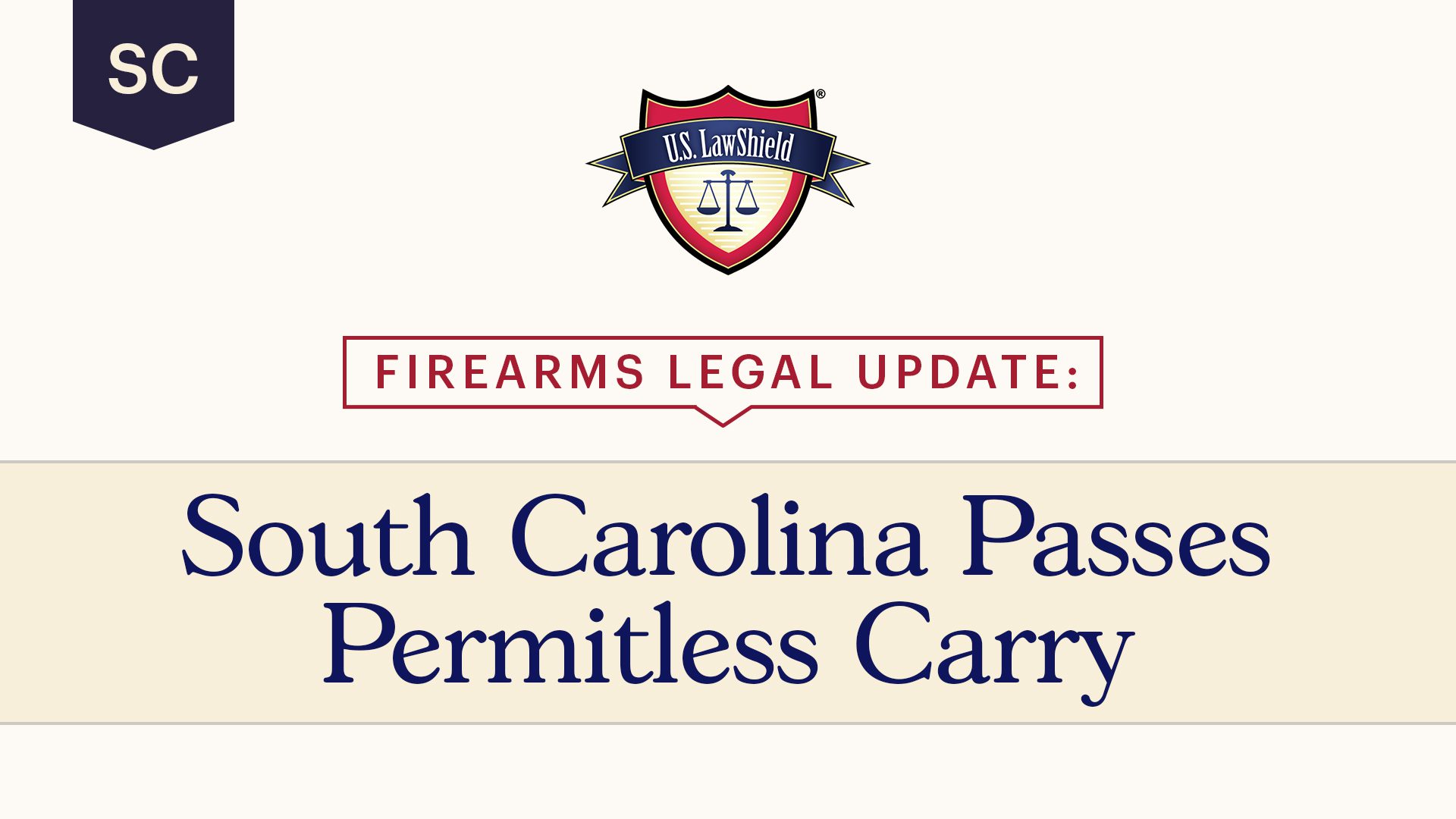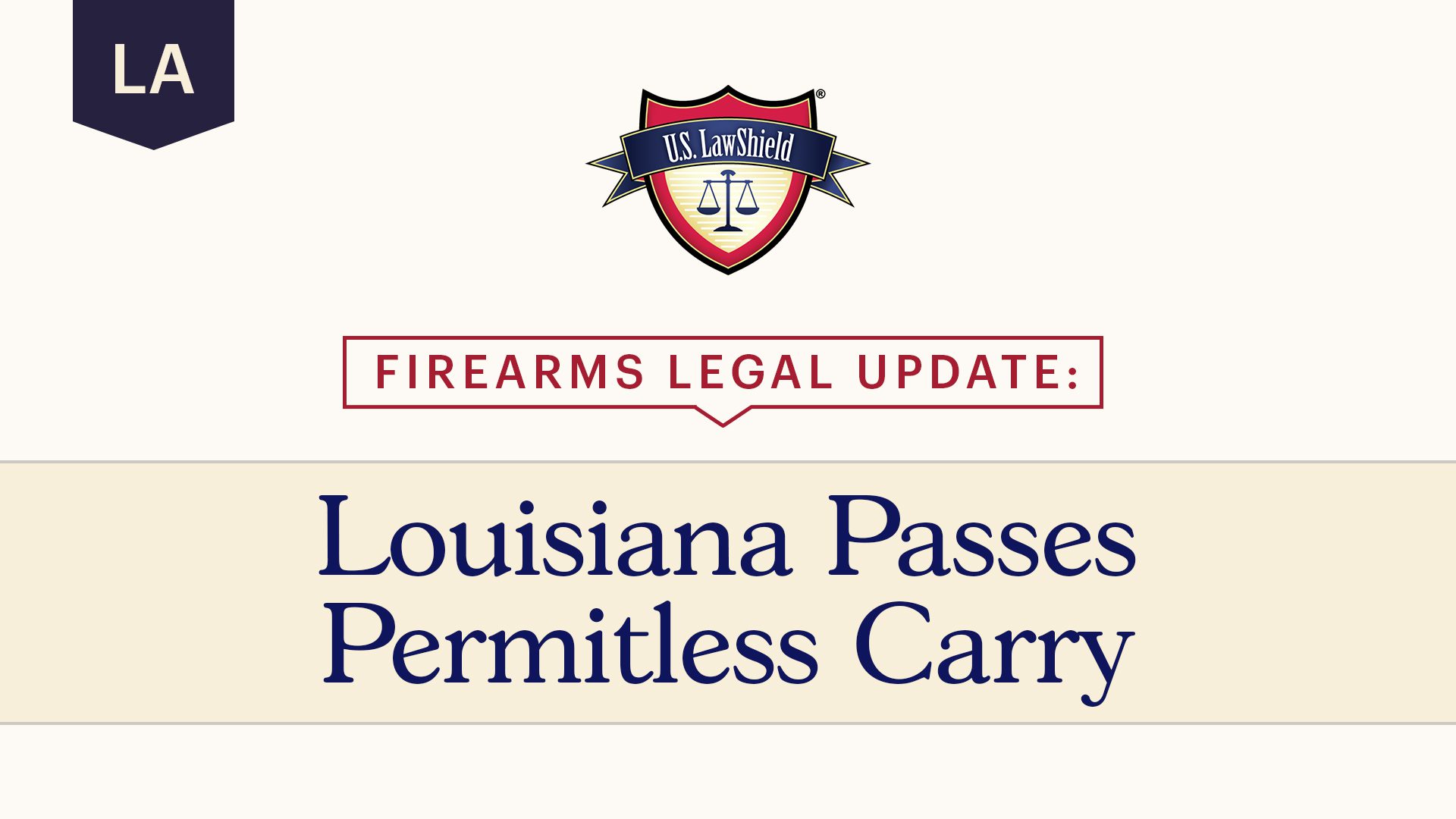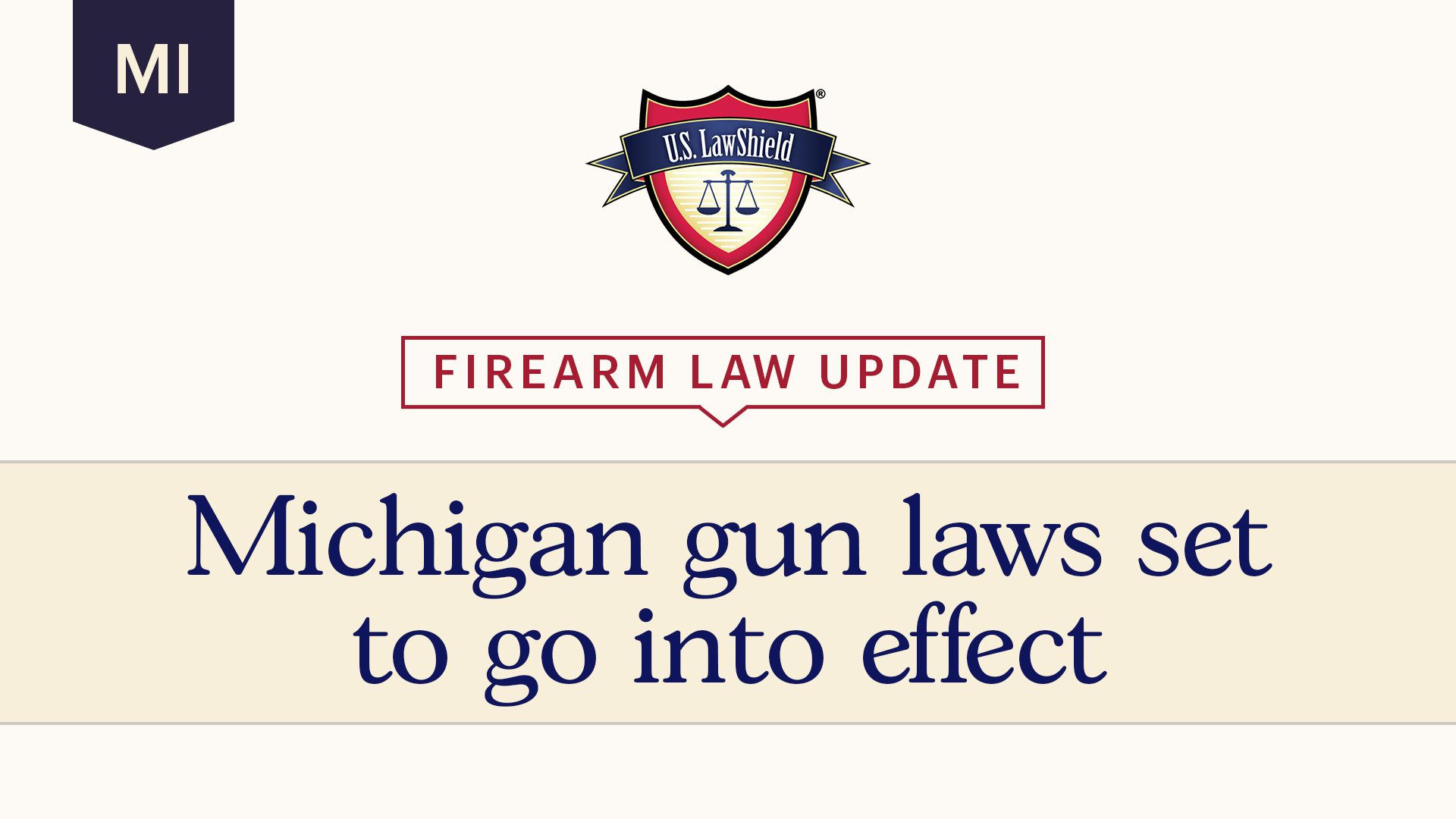Hi, I’m Gilbert Ambler, Independent Program Attorney for U.S. LawShield of Virginia. I frequently hear the media throw around the term “ghost gun,” but what does that really mean? Is a ghost gun some scary firearm that you should be afraid of? Absolutely not.
Typically, the term “ghost gun” is simply used to describe a homemade firearm, rather than a firearm that has been made by a commercial manufacturer. Often, homemade firearms are made using kits and unfinished or partially finished receivers.
Building Guns in Virginia
In Virginia, so long as you are otherwise able to possess firearms, it is perfectly legal to make your own weapon, provided you are not building the weapon with the intent to sell it. The right to build firearms is a right that Americans have historically enjoyed since the founding of our country. However, if you were to build weapons with the intent to offer them for sale, you would first have to obtain the appropriate manufacturers Federal Firearms License (“FFL”).
If you make the decision to build your own firearm, you must also be careful not to violate laws regulating the type of weapon you can build. For example, before you could lawfully build a National Firearms Act (“NFA”) weapon, such as a short-barreled rifle (“SBR”) or short-barreled shotgun (“SBS”), you would need prior approval from the Bureau of Alcohol, Tobacco, Firearms and Explosives (“ATF”) via an approved Form 1 tax stamp.
You should also know that while it is possible to later sell a weapon that you made, so long as it was not built with the intent to sell it, such a sale might be difficult to consummate. This is because many gun stores will refuse to transfer a weapon that does not have traditional serial number markings.
The lack of serial numbers on a homemade weapon may also become an issue if you are stopped by law enforcement while carrying your homemade firearm. Some law enforcement officers are unfamiliar with homemade firearms and may delay you until they understand that your weapon is a lawfully homemade firearm that is un-serialized.
For more questions on building your own firearms, call U.S. LawShield and ask to speak with an Independent Program Attorney.
The preceding should not be construed as legal advice nor the creation of an attorney-client relationship. This is not an endorsement or solicitation for any service. Your situation may be different, so please contact your attorney regarding your specific circumstances. Because the laws, judges, juries, and prosecutors vary from location to location, similar or even identical facts and circumstances to those described in this presentation may result in significantly different legal outcomes. This presentation is by no means a guarantee or promise of any particular legal outcome, positive, negative, or otherwise.





Leave A Comment